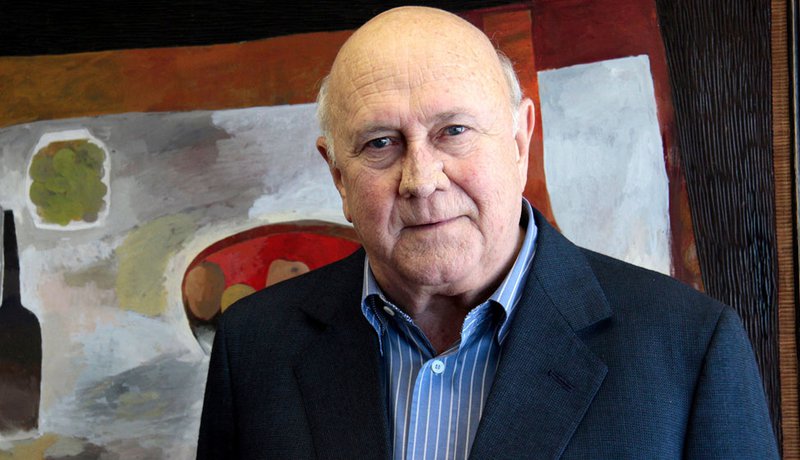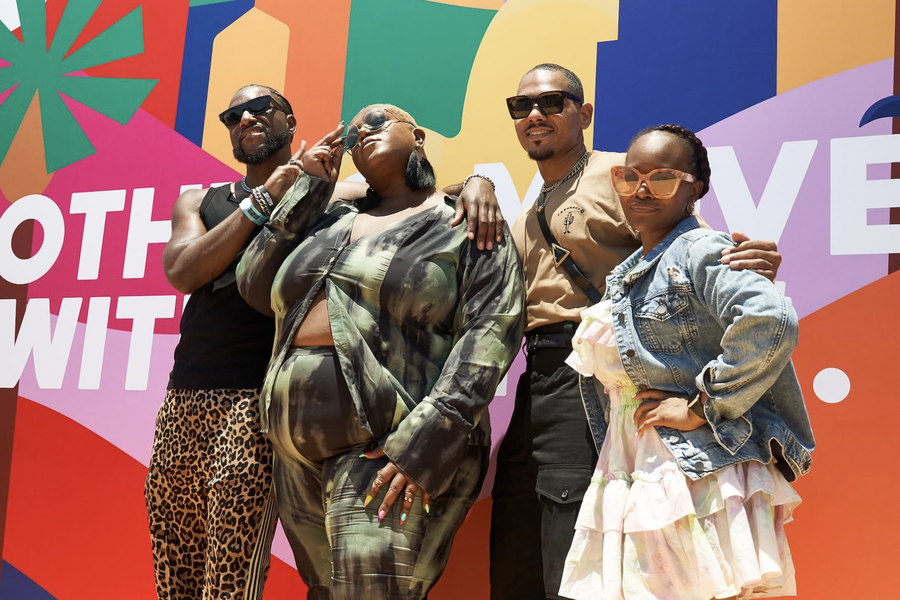At the Height of Global Recognition: Africans Who Have Won the Nobel Prize

- By Max Gapher
- March 7, 2019
There are a plethora of reasons surrounding the notion of giving awards, most awards have some sort of history, from the Oscars in the United States to the Emmy Awards. However known of these carry as much importance and recognition as the Nobel Prizes. Unfortunately less than 30 Africans have received Nobel awards. In order to understand why that is the case we have to understand The Nobel Prizes and their history. The prizes exist as a brain child of Swedish scientist Alfred Nobel, whom the award is named after. The categories for which this prize was awarded initially in 1901 were Physics, Chemistry, Medicine, Literature and Peace, until 1968, when Sweden’s central bank introduced the Economics Prize. This prestigious award comprises a gold medal, a huge sum of money, and a diploma. Who then, are these Africans who have received this prize?
Max Theiler, a South African physician and virologist is recorded as the first African to receive a Nobel Prize in 1951, specifically the Nobel Prize in Medicine, after introducing a vaccine against yellow fever in 1937, which eradicated yellow fever as a serious disease.

Shortly after, in 1957, Albert Camus, an author, journalist and philosopher, famous for his contribution to the beginning of ‘absurdism’ as a philosophy, and his play Caligula, won the Nobel Prize in Literature. There is some controversy that surrounds Max Theiler and Albert Camus being the first African Nobel Prize laureates, as both were white and African significantly by birth place, Camus in French Algeria, and Theiler, Pretoria, South Africa.

The first ‘black’ African laureate of the Nobel Prize was Albert John Luthuli, a South African teacher and politician. He was the first African to be awarded the Nobel Peace Prize, for his paramount role in the peaceful struggle to end apartheid in South Africa in 1960.
Eighteen years later, Muhammad Anwar el-Sadat who was the third president of Egypt till his assassination in 1981 also won the Nobel Peace Prize for negotiating with Israel to establish the Egypt-Israel Peace Treaty. He also became the first Muslim laureate.

In 1979, Allan MacLeod Cormack, a South African, together with Godfrey Hounsfield won the Nobel Prize in Medicine for inventing the first Computed Tomography scan which was used for screening diseases.

Sir Aaron Klug, British but with South African ties in 1982, won the Nobel Prize in Chemistry for developing crystallographic electron microscopy and his “structural elucidation of biologically important nucleic acid-protein”.

Another Nobel Peace Prize laureate was Desmond Mpilo Tutu, a South African cleric and theologian, who won the award in 1984 for his fight against apartheid in South Africa.

A year later, a French novelist born in Madagascar, received the Nobel Prize in Literature. The following year, Akinwande Oluwole Babatunde Soyinka, popularly known as Wole Soyinka, a multiple award winning Nigerian writer, famous for his plays The Lion and The Jewel and The Trials of Brother Jero, among other essays, short stories and poems, received the Nobel Prize in Literature.

Naguib Mahfouz, an Egyptian writer, notable for The Cairo Trilogy, won the Nobel Prize in Literature two years later.

The first African woman to receive a Nobel Prize, specifically the Nobel Prize in Literature, was Nadine Gordimer, a South African writer, known popularly for her book Burger’s Daughter in the year 1991.

Nelson Rolihlahla Mandela, the first black South African head of state, was awarded the Nobel Peace Prize in 1993 for his sacrifice and successful quest to abolish apartheid in South Africa.

In that same year, Frederik Willem de Klerk, a one-time State President of South Africa, and another, Deputy President of South Africa, who also fought to abolish apartheid, freeing Nelson Mandela in the process also received a Nobel Peace Prize.

1997 saw Claude Cohen-Tannoudji, a French physicist of Algerian descent winning the Nobel Prize in Physics alongside Stephen Chu and William Daniel Phillips for their research in the trapping of atoms and laser cooling.
From 2001, Africans received Nobel Prizes consecutively till 2005, with Kofi Annan, a Ghanaian who was the seventh Secretary General of the United Nations receiving the Nobel Peace Prize with the UN in 2001, Sydney Brenner, a South African biologist receiving the Nobel Prize in Medicine with Bob Horvitz and John Sulston in 2002 for their work on genetic code among other laudable findings. John Maxwell Coetzee, a South African writer receiving the Nobel Prize in Literature in 2003. Wangari Maathai, an environmental and political activist from Kenya, receiving the Nobel Peace Prize in 2004 for “her contribution to sustainable development, democracy and peace”. Mohamed Mustafa ElBaradei, a vice president of Egypt and a former Director General of the International Atomic Energy Agency, who received together with the agency, the Nobel Peace Prize in 2005.

No Africans were recipients of the Nobel Prize till six years later, when Ellen Johnson Sirleaf, the former president of Liberia and the first elected African female head of state was awarded the Nobel Peace Prize with Leymah Roberta Gbowee, a Liberian peace activist and Tawakkul Karman for their fight to protect women’s rights as well as peace.

Seven years later, Denis Mukwege, a gynecologist from the Democratic Republic of Congo, the last recorded African Nobel laureate, who dedicates his life to treatment of women who were victims of rape during war, received a Nobel Peace Prize alongside Nadia Murad for “their efforts to end the use of sexual violence as a weapon of war and armed conflict”

.
It is largely satisfying that Africans from all over the continent, and even the world are achieving great successes. The knowledge of how little the number of African Nobel laureates, however, should challenge Africans as a people to do more now, and in the future. A Nobel Prize could be a target for intelligent, hardworking, striving Africans, but should not be a limit. Jonas Salk confirms this when he says “the reward for work well done is the opportunity to do more”. The Nobel Prize is restricted to certain disciplines, and it should never, at any time, hinder Africans from shining in whichever fields we find ourselves.







